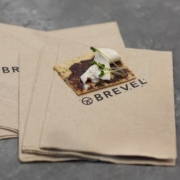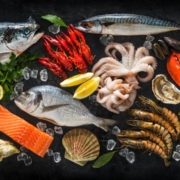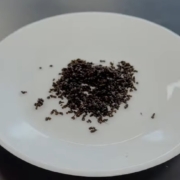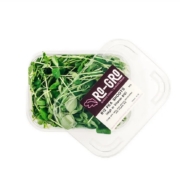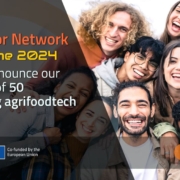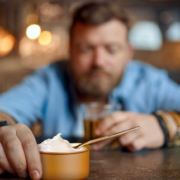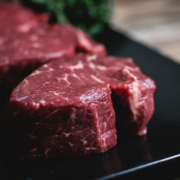Genetic “Off Switch” for nitrogen fixation in legumes discovered
In a groundbreaking study published today in Nature [1], international researchers have identified a genetic regulator that controls the nitrogen fixation process in legumes. This discovery could pave the way for more sustainable agricultural practices and reduced reliance on synthetic fertilisers.

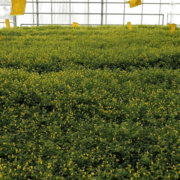 Dugald Reid
Dugald Reid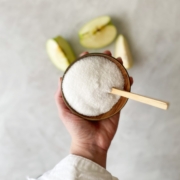 Fooditive Group
Fooditive Group
